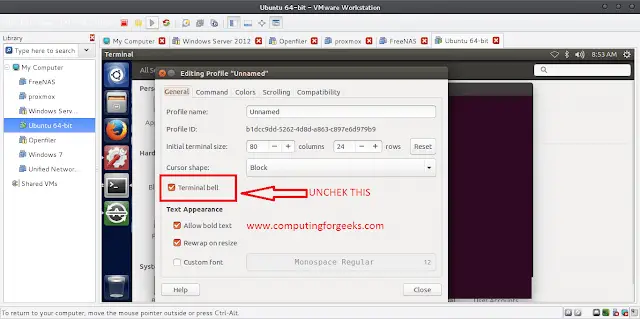Given some data in a text file, the task is to scramble the text and output in a separate text file. So, we need to write a Python program that reads a text file, scrambles the words in the file and writes the output to a new text file.
Rules to be followed:
- Words less than or equal to 3 characters need not be scrambled.
- Don’t scramble first and last char, so Scrambling can become Srbmnacilg or Srbmnailcg or Snmbracilg, i.e. letters except first and last can be scrambled in any order.
- Punctuation at the end of the word to be maintained as is i.e. “Surprising, ” could become “Spsirnirug, ” but not “Spsirn, irug”.
- Following punctuation marks are to be supported – Comma Question mark, Full stop, Semicolon, Exclamation.
- Do this for a file and maintain sequences of lines.
On executing the program, it should prompt the user to enter input file name and generate an output file with scrambled text. The output file should be named by appending the word “Scrambled” to the input file name.
Example:
Input : MyFile.txt -> Scrambling words is very interesting. Because even if they are scrambled, it doesn't impact our reading. Because we don't read letter by letter, we read the word as a whole. Output : MyFileScrambled.txt -> Srbmnacilg words is very itrensientg. Bscauee even if tehy are srelabcmd, it dosn'et ipcmat our raidneg. Bacusee we dn'ot raed lteetr by letetr, we raed the word as a wolhe.
Below is the implementation :
Python3
import random punct = (".", ";", "!", "?", ",") count = 0new_word = "" inputfile = input("Enter input file name:") with open(inputfile, 'r') as fin: for line in fin.readlines(): # Read line by line in txt file for word in line.split(): # Read word by word in each line if len(word) > 3: # If word length >3 '''If word ends with punctuation Remove firstletter, lastletter and punctuation Shuffle the words Add the removed letters (first letter) Add the removed letters (last letter) Add the removed letters (punctuation mark)''' if word.endswith(punct): word1 = word[1:-2] word1 = random.sample(word1, len(word1)) word1.insert(0, word[0]) word1.append(word[-2]) word1.append(word[-1]) '''If there is no punctuation mark Remove first letter and last letter Shuffle the word Add the removed letters (first letter) Add the removed letters (last letter) Append the word and " " to the previous words''' else: word1 = word[1:-1] word1 = random.sample(word1, len(word1)) word1.insert(0, word[0]) word1.append(word[-1]) new_word = new_word + ''.join(word1) + " " '''If word length <3 just append the word and " " to the previous words''' else: new_word = new_word + word + " " # "Append to <filename>Scrambled.txt" with open((inputfile[:-4] + "Scrambled.txt"), 'a+') as fout: fout.write(new_word + "\n") new_word = "" |
Output:
Smcinrablg wodrs very Bauscee eevn tehy dnoes't icpamt Bcuesae d'not read lteter raed wrod whole.




